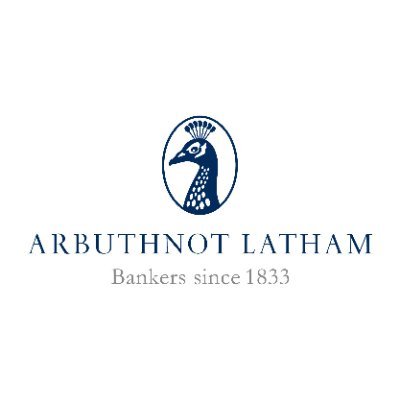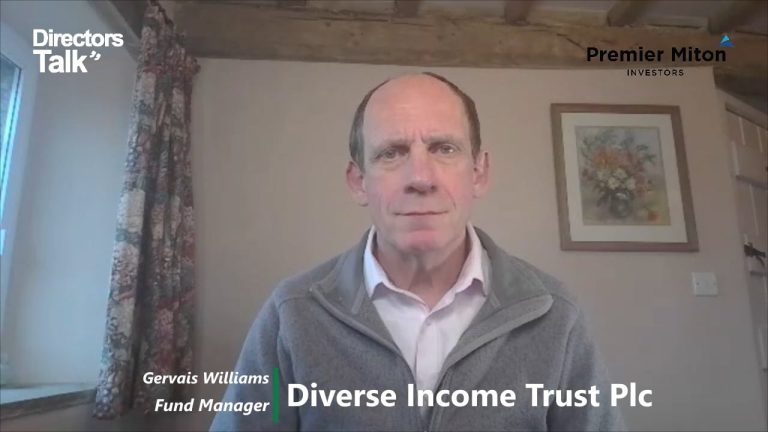Arbuthnot Banking Group plc (LON:ARBB) is the topic of conversation when Hardman and Co’s Financial Analyst Mark Thomas caught up with DirectorsTalk for an exclusive interview.
Q1: What were your key takeaways from Arbuthnot Banking Group’s recent interim results?
A1: To be resilient, a bank needs three things: low-risk assets, strong capital, and surplus deposits. ABG has all three. The low-risk assets are reflected by the small percentage (and falling) Stage 2 and Stage 3 loans in the private bank, as well as low loans to values. Surplus capital is now £66m, and deposits exceed loans by £0.6bn. Profits before tax, however, fell from £2.9m to £0.2m, as the decline in the base rate squeezed margins (£2.7m cost) and with a £1m incremental COVID-19-related impairment. Our 2020 base-case scenario is now for a small loss (previously breakeven). The shares trade at around two thirds of NAV, implying value destruction to perpetuity, which is anomalous with its long-term track record of value creation.
Q2: So, can you tell us a bit more about its structural resilience?
A2: If we look at the risk of its assets, we note – firstly – that, in the private bank, in 1H’20, Stage 2 and Stage 3 loans have fallen by £5.5m (12%) and £1.5m (5%), respectively. There are fewer problem accounts than at the start of the year. Secondly, in commercial lending, there has been an increase in Stage 3 accounts, primarily reflecting one loan of £9.5m, where property security, valued at £15m, is held, and no loss is expected from this situation. We believe this demonstrates ABG’s conservative approach to taking security well above its lending. In the mortgage division, the book is ca.£290 and, of the £265m loans acquired in 2019, £201m were originated between 2005 and 2008. They have a long track record of cash payments, as well substantial security backing. ABG helpfully gave an IFRS9 sensitivity by different scenarios and, assuming a 20% decline in property prices across the board, it expected to see a £3m increase in loss impairments.
The group is well capitalised, with £66m surplus capital over regulatory requirements. Even our downside scenario still has surplus capital in excess of £50m. In addition, it is very liquid, with broadly-spread deposits exceeding loans by £0.6bn and excess liquidity over regulatory requirements of over £400m.
Q3: But its profits still fell. You referred to the impact of base-rate cuts and, obviously, COVID-19-related provisions. What more can you tell us about that?
A3: In 2019, Arbuthnot Banking Group was paying, on average, ca.20bps for its deposits in the private bank and 30bps in the commercial bank. With the base rate now cut from 65bps to 10bps in March, ABG is not able to pass on the full reduction to its savers. In contrast, most of its lending is at variable rates and, while some products have lending rate floors, much lending is repricing down. There have been some incremental pressures in funding the recent growth and from increasing its liquidity buffers. What all this means is that margins have been squeezed, and we estimate that the effect in 2020 could be as high as £10m.
In terms of impairments, gross losses were just over £6m, of which £1m was COVID-19-related. The net impairment of £1.7m reflected normal recoveries on historical provisions. The main COVID-19 effect fed through a change in the assumptions used in estimating expected losses. The calculation is inherently cyclical, as you increase the weightings to downside scenarios going into a recession and increase the weightings to an upside coming out of it. In 1H’20, ABG’s calculations were based off a 92% weighting to downside scenarios, up from 54% at end-2019. 70% of this was for a decline (property prices down 1%-2%), with a further 20% weighting to a moderate decline, which assumes 20% property value falls across the board. As we noted above, ABG’s losses are likely to be lumpy, and may well be later in the cycle, given the nature of its borrowers and security held. We expect further impairments (our base-case 2020 is £4.4m, and £4.6m in 2021, against less than £1m in 2019, with a stress level of more than double this). As noted above, the regulatory capital surplus remains over £50m, even in our downside scenario.
The company gave, as was expected, a detailed commentary on its credit risk, the impact of less new business, and potential falls in investment property values and investment management income as key exposures over and above the base-rate effect. We do not believe that any of the issues identified above will surprise investors. Indeed, they were all in our scenario tests in our 6 April note, 2019 results: resilience into the storm. The key sensitivity in the short term is the impact of lower interest rates, which was built into our previous forecasts, while the main variability/risk to our forecasts will come from credit.







































